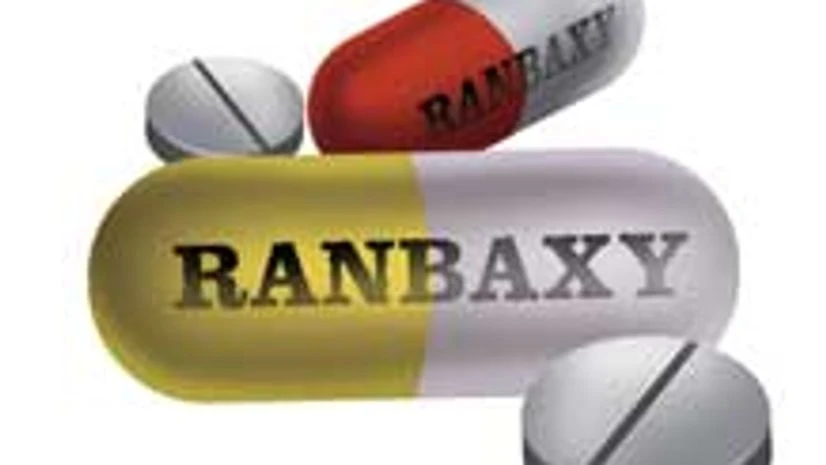The European drug regulator on Wednesday approached its Indian counterpart to discuss issues related to Ranbaxy, it is learnt. According to sources, the regulator while checking the status of Ranbaxy’s manufacturing facilities in India, indicated urgency.
The Drugs Controller General of India (DCGI) inspects domestic manufacturing facilities supplying to the European Union (EU), on behalf of its regulator. Based on its inspection, DCGI issues a no-objection certificate to manufacturers exporting pharmaceutical products to European countries.
“The EU regulator called today and discussed issues related to Ranbaxy. They are also worried about the latest inspections and observations made by the US FDA (the American regulator). They said they are getting queries on the quality and efficacy of Ranbaxy manufactured products,” an official told Business Standard.
Separately, the Ranbaxy management said it was offering the required clarifications to other regulators. “We are actively engaging with all regulators. We have offered clarifications and we welcome other regulators if they want to come and conduct their own investigations,” Chief Executive and Managing Director Arun Sawhney told investors in a post-earnings conference call. The company announced a October-December net loss of Rs 1,585 crore, against a loss of Rs 492 crore a year earlier, when the company incurred costs in recalling a cholesterol-lowering drug contaminated with glass particles.
The EU move is in the wake of the rising number of import bans faced by Ranbaxy’s Indian facilities. Last month, the drug maker’s active pharmaceutical ingredient (API) manufacturing facility in Toansa (Punjab) was inspected by the US Food and Drug Administration. Following the audit, the US regulator decided to bar the plant from supplying to the US because serious violations were observed in the plant. Three other Indian factories of Ranbaxy, at Mohali, Paonta Sahib and Dewas, are already barred from supplying to the US.
According to official sources, Ranbaxy also supplies API to the EU from its Toansa factory and DCGI has given the required NoC for this purpose.
Confirming the latest development, the UK’s Medicines and Healthcare products Regulatory Agency (MHRA) said, “We are aware the European Commission has written to the Drugs Controller General of India asking what immediate action the Indian authorities intend to take and whether they intend to withdraw the written confirmation for the Toansa site.”
Last week, the agency had told Business Standard that it is aware of the US FDA’s inspection at Ranbaxy’s Toansa factory. “We, in conjunction with other regulators, have also conducted a review, including on-site inspections in India, based on the issues identified by the Food and Drug Administration (FDA) during their investigation into Ranbaxy. This is ongoing. Routine inspections of Ranbaxy manufacturing sites that supply medicines to the EU continue to be carried out by inspectors from European countries and samples tested have been satisfactory,” an MHRA spokesperson had said.
Last week, UK’s Medicines and Healthcare products Regulatory Agency (MHRA) had told Business Standard that it is aware of the US FDA’s inspection at Ranbaxy’s Toansa factory.
“Patient safety is our priority and we are currently working with EU and international regulatory partners to assess whether these findings have any implication for the UK,” an MHRA spokesperson had said. “We, in conjunction with other regulators, have also conducted a review, including on-site inspections in India, based on the issues identified by the Food and Drug Administration (FDA) during their investigation into Ranbaxy. This is ongoing. Routine inspections of Ranbaxy manufacturing sites that supply medicines to the EU continue to be carried out by inspectors from European countries and samples tested have been satisfactory.”
The latest call from the EU regulator to DCGI holds significance in light of the fact that various global regulators are working in coordination for keeping a check on manufacturing practices and ensuring quality of medicines.
The Indian regulator maintains its action on Ranbaxy will be based on the report by its inspectors.
According to Ranbaxy’s latest financial presentation for the year ending December 2013, eastern Europe and CIS countries together account for 15.27 per cent, and West Europe is 7.87 per cent of its total global sales of around Rs 10,604 crore.

)
